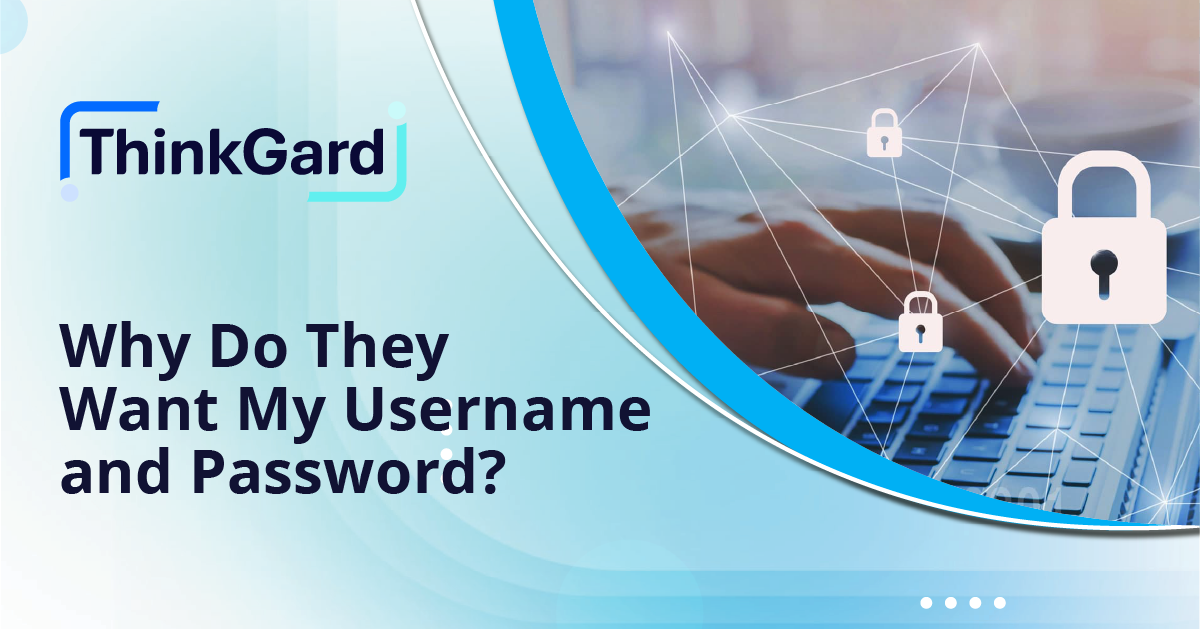So what’s the big deal. It’s just a username and password after all, and believe me there is nothing in my email that anyone would be interested in. Surprise, it’s not your email account they want.
Cybercriminals often use phishing attacks to lure users into clicking on links, downloading PDFs, and opening attachments that are rife with ransomware. They cast a huge net looking for anyone that will fall prey to their schemes and what wonderful schemes they are. I myself believe that if hit at just the right time, with the right phishing attack nearly anyone would give up their credentials. But why is this such a big deal after all it’s just email, right?
Nearly every ransomware attack of 2019 got its start as a simple phishing expedition. They used the compromised credentials to gain access to company data systems and then went to work infecting those systems with Ransomware. Then one day, a ways after they have infected the system, they let that bomb explode, and let’s just say it’s a bad day even for the most prepared company.
Now let me give you the good news, there are some very budget friendly solutions for protecting against these bad actors and their vicious ransomware. The best way to protect companies and government organizations from ransomware is to train staffers to spot potential phishing attacks and employ innovative cybersecurity solutions to keep up with the continually evolving threats.
Building user awareness of the dangers of phishing attacks is key to protecting your company or government agency from ransomware.
- Constantly update your phishing Training and testing with a solution like CyberGard ensures that every user in an organization is up to date on today’s phishing dangers with constantly updated training videos and phishing kits.
- Use multi factor authentication just in Put in a fail-safe just in case someone does fall for a password-related phishing attack. Multi-factor authentication beefs up password security and adds important defensive tools against such attacks.
- Make sure bad actors don’t have an easy way CyberGard monitors the Dark Web to sound the alarm if sensitive company information like data or passwords is being shopped around the Dark Web to help you fend off an attack before it starts.
- Keep your security up-to-date. New attacks and new attack methods are happening. Make sure that every system and application that you use is patched to keep up.
- Have a robust backup & disaster recovery solution. (See ThinkGard’s Hybrid Cloud Solution)
CyberGard, is an active defense system against phishing attacks and compromised credentials on the Dark Web. Let ThinkGard show you all the features of this innovative system.




